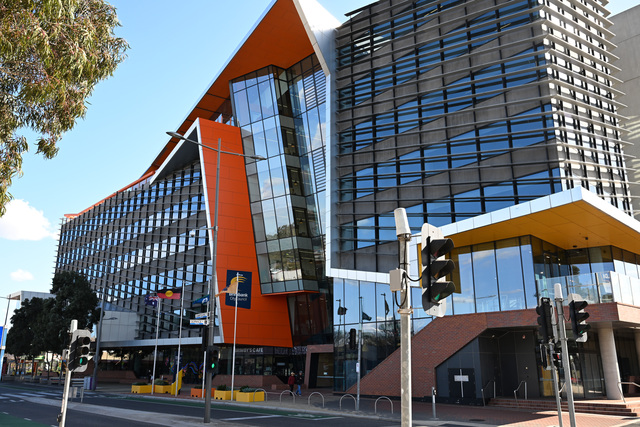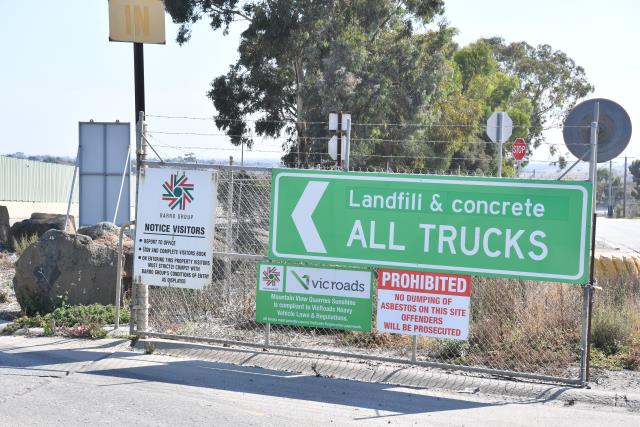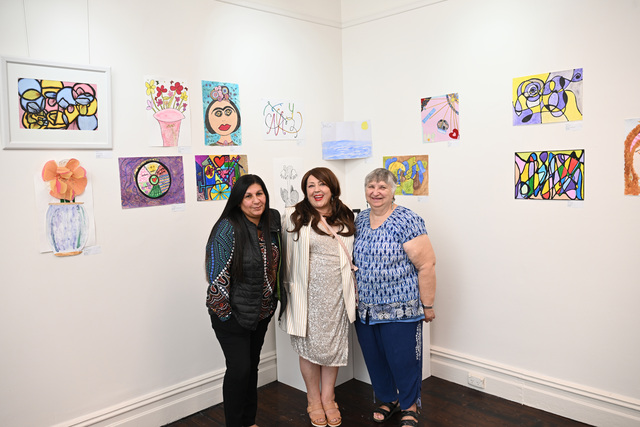In an Australian first, an Aboriginal Healing Unit has opened at the Dame Phyllis Frost Centre (DPFC) in Ravenhall.
The unit aims to provide new culturally safe, community-led and trauma-informed programs for Aboriginal women in custody.
Corrections Minister Enver Erdogan visited the centre on September 18, to open the new unit which includes specially designed accommodation alongside culturally appropriate spaces.
The new facilities include a sensory room, activities room with facilities for art programs, an outdoor cultural area with art-inspired screening and native plantings, and a yarning circle featuring symbolic mosaics and a fire pit area.
Outdoor spaces feature traditional grasses for weaving, Aboriginal totems for various clan groups and a gum tree to provide leaves for cultural ceremonies.
Programs will focus on the social and emotional wellbeing of Aboriginal women within DPFC, and work to support reintegration in a respectful, therapeutic way, with mentoring from Elders and Respected Persons and support to build essential life skills in a safe space for those in both remand and sentenced custody.
Corrections Minister Enver Erdogan said the establishment of the unit is ‘one small step’ towards making the justice system safer and more culturally appropriate.
“Reducing the over representation of Aboriginal people in custody is critical and the new Aboriginal Healing Unit will help to address the causes of offending and keep people from coming back into custody,” he said.
The state government has invested $8.8 million for the new unit and programs which will be delivered by Aboriginal community controlled organisation Elizabeth Morgan House.
Aboriginal women at DPFC and community members helped inform the design of the Aboriginal Healing Unit, ensuring the space and programs support the spiritual and cultural needs of Aboriginal women in custody.
The state government said this new unit supports reforms to improve Aboriginal cultural safety for people in custody, stemming from recent coronial investigations and the Cultural Review of the Adult Custodial Corrections System that was released in March.

















